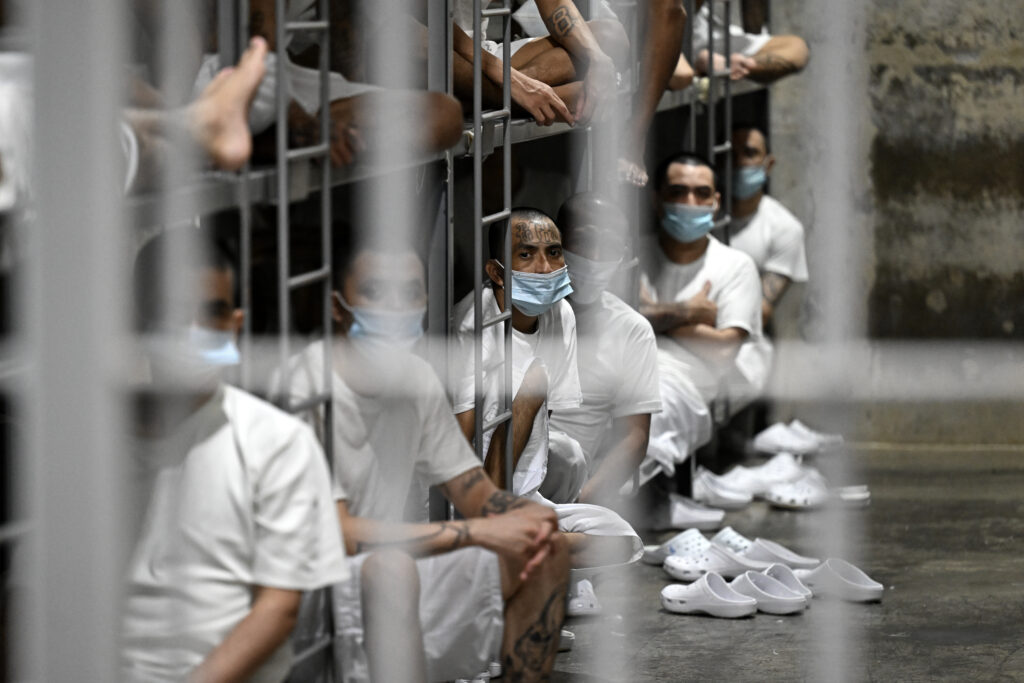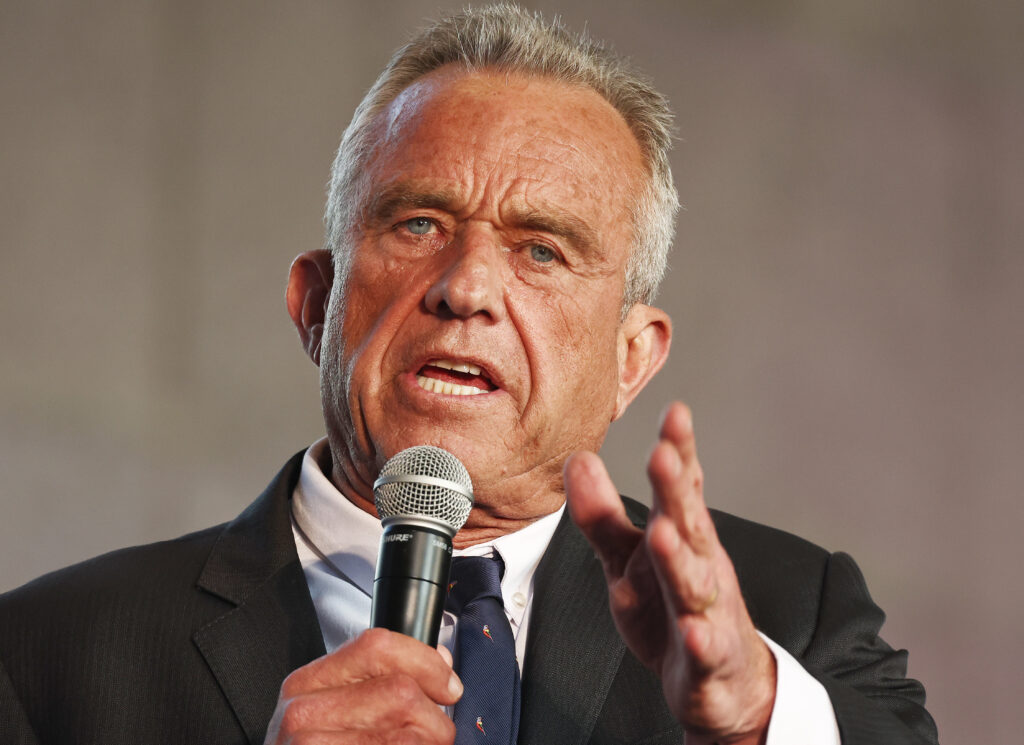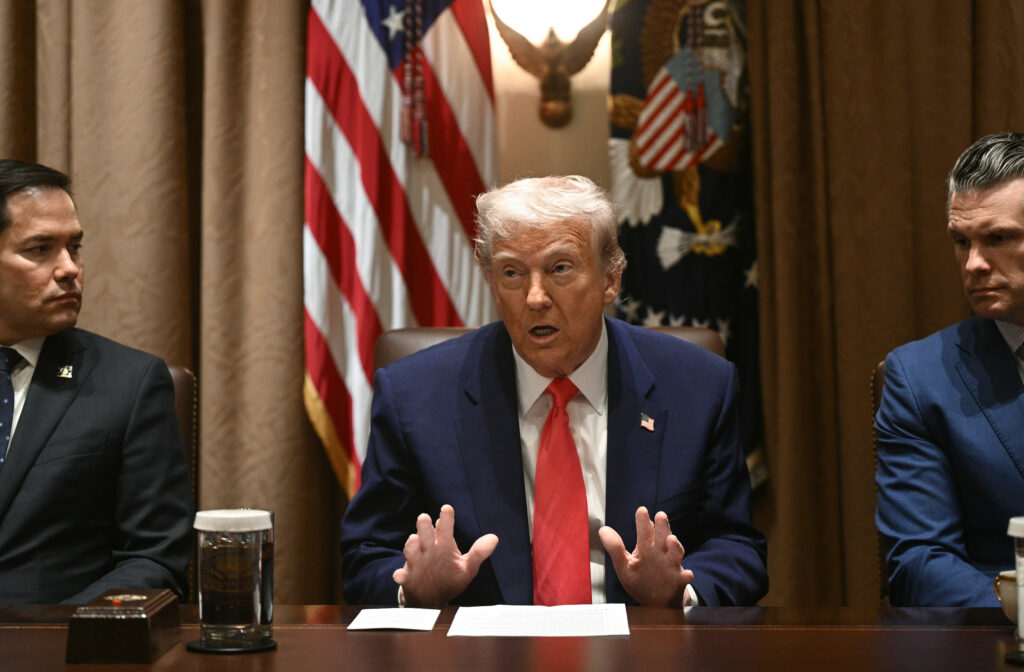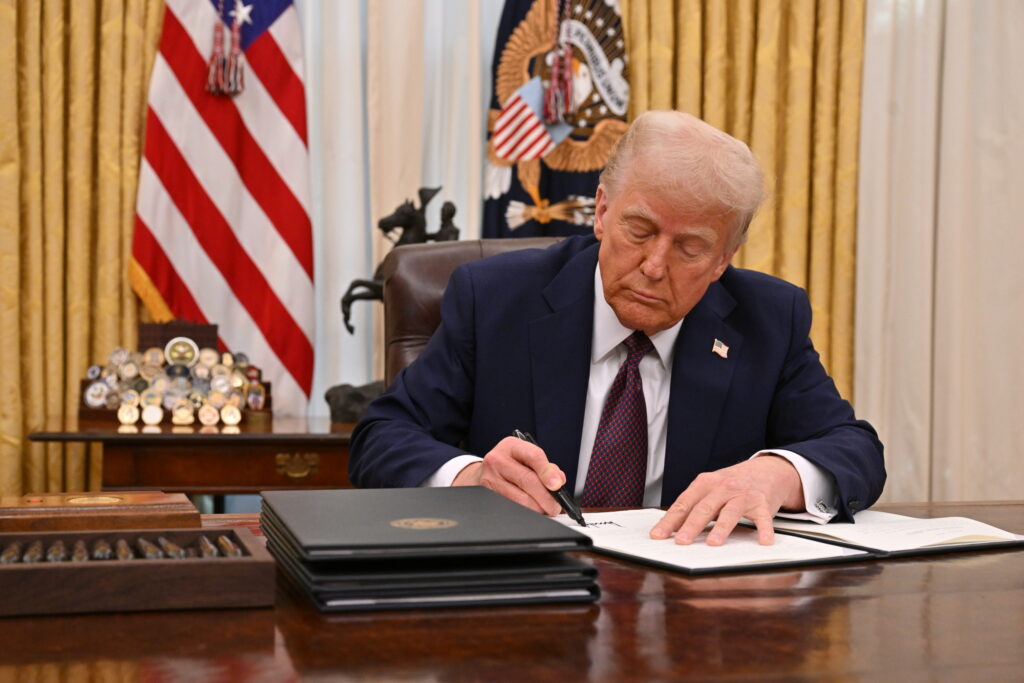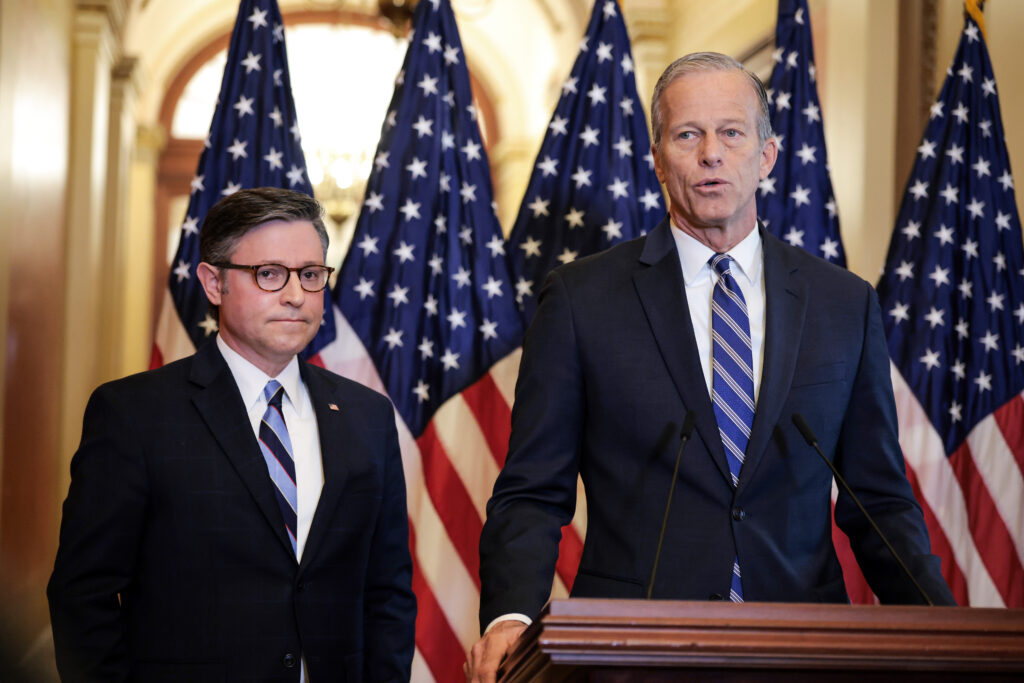US Supreme Court orders govt to ‘facilitate’ return of wrongly deported Salvadoran
The Trump administration suffered a setback in a closely watched immigration case Thursday, as the US Supreme Court ordered it to “facilitate” the return of a wrongly deported Salvadoran migrant.Kilmar Abrego Garcia, 29, was living in the eastern state of Maryland until he became one of more than 200 people sent to a prison in El Salvador last month as part of Republican President Donald Trump’s crackdown on undocumented migrants.Most of the deportees were suspected members of Venezuelan gang Tren de Aragua, which the Trump administration has declared a foreign terrorist organization.Justice Department lawyers later admitted that Abrego Garcia — who is married to a US citizen — was deported due to an “administrative error.”The Supreme Court on Thursday ordered the government to “‘facilitate’ Abrego Garcia’s release from custody in El Salvador and to ensure that his case is handled as it would have been had he not been improperly sent to El Salvador,” the conservative-majority court said in its unsigned ruling.- Protected status -Abrego Garcia had been living in the United States under protected legal status since 2019, when a judge ruled he should not be deported because he could be harmed in his home country. Following his deportation and internment in the notorious CECOT counter-terrorist prison, lower courts had ordered that the US government return him to the United States by midnight on Monday.The Supreme Court put that order on hold hours before the deadline, after the administration requested an emergency ruling.In its challenge, the government argued that Abrego Garcia is a member of Salvadoran gang MS-13 — a claim the lower courts found lacked evidence.The US government also argued that it no longer had jurisdiction to have Abrego Garcia released now that he is on Salvadoran soil, calling the lower courts’ orders “unprecedented and indefensible” and a “demand that the United States let a member of a foreign terrorist organization into America tonight.””We’re confident that people that are (in CECOT) should be there, and they should stay there for the rest of their lives,” Homeland Security Secretary Kristi Noem said Wednesday, according to news site Axios.Noem had visited the prison in person on March 26.The White House has trumpeted a $6-million deal with Salvadoran President Nayib Bukele in return for his holding alleged gang members in the ultra-high-security jail.- ‘Deport any person’ -“The (Monday) deadline in the challenged order is no longer effective,” the Supreme Court ruled Thursday.However, “the rest of the District Court’s order remains in effect” requiring Abrego Garcia’s return, the judges added — although the lower court must clarify its order “with due regard for the deference owed to the Executive Branch in the conduct of foreign affairs.”A statement signed by liberal Justices Sonia Sotomayor, Elena Kagan and Ketanji Brown Jackson argued there was “no basis in law” for Abrego Garcia’s removal to El Salvador.”The government’s argument… implies that it could deport and incarcerate any person, including US citizens, without legal consequence, so long as it does so before a court could intervene,” they added.Human Rights Watch on Friday called on the US government to disclose information about all the people it has moved to CECOT and allow them contact with the outside world.”The cruelty of the US and Salvadoran governments has put these people outside the protection of the law and caused immense pain to their families,” the rights group said in a statement.
